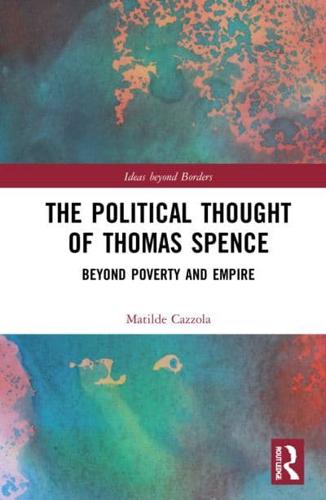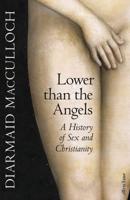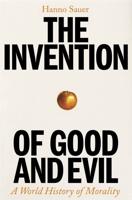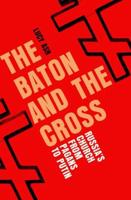Publisher's Synopsis
The book is an intellectual analysis of the political ideas of English radical thinker Thomas Spence (1750-1814), who was renowned for his "Plan", a proposal for the abolition of private landownership and the replacement of state institutions with a decentralized parochial organization. This system would be realized by means of the revolution of the "swinish multitude", the poor labouring class despised by Edmund Burke and adopted by Spence as his privileged political interlocutor. While he has long been considered an eccentric and anachronistic figure, the book sets out to demonstrate that Spence was a deeply original, thoroughly modern thinker, who translated his themes into a popular language addressing the multitude and publicized his Plan through chapbooks, tokens, and songs. The book is therefore a history of Spence's political thought "from below", designed to decode the subtle complexity of his Plan. It also shows that the Plan featured an excoriating critique of colonialism and slavery as well as a project of global emancipation. By virtue of its transnational scope, the Plan made landfall in the British West Indies a few years after Spence's death. Indeed, Spencean ideas were intellectually implicated in the largest slave revolt in the history of Barbados.










